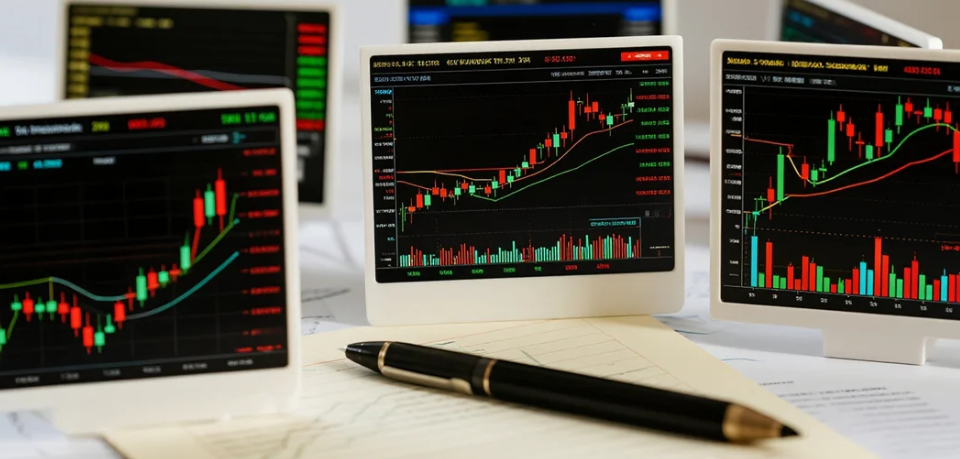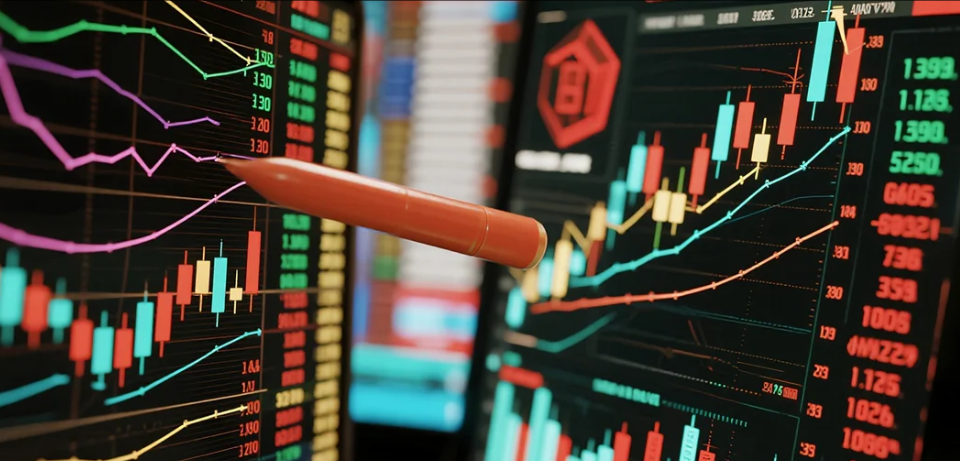
Key Factors Affecting Fundamental Analysis
Economic Factors
(1) Macroeconomic Conditions
In the long run and fundamentally, the trends and changes in the stock market are determined by a country's economic development level and economic climate. Stock price fluctuations largely reflect changes in macroeconomic conditions. Historical trends in foreign securities markets show that stock market movements generally align with economic cycles. During economic booms, businesses perform well, profits increase, and stock prices rise. During economic downturns, corporate revenues and profits decline, leading to falling stock prices. However, stock market trends do not perfectly coincide with economic cycles in timing. Typically, stock market changes precede economic cycles, which is why stock prices are considered a barometer of the macroeconomy. Economic cycles, national fiscal conditions, financial environments, balance of payments, changes in industry economic status, and adjustments in exchange rates all affect stock price fluctuations. Economic cycles are fluctuations caused by inherent contradictions in economic operations and are objective laws beyond human control. The stock market, directly influenced by economic conditions, inevitably exhibits cyclical fluctuations. During economic recessions, stock markets decline; during recoveries and booms, stock prices rise or show strong upward trends. Historically, the stock market often serves as an economic barometer.
(2) Interest Rate Levels
Among the many factors affecting stock market trends, interest rates are particularly sensitive. Generally, when a country tightens monetary policy, market liquidity shrinks, and interest rates rise, some funds may flow into bank savings, reducing the capital available in the stock market and impacting stock prices. Higher interest rates also increase corporate operating costs, reduce profits, and lead to lower stock prices. Conversely, lower interest rates encourage investors to seek higher returns, diverting more funds to the stock market and driving up stock prices. Reduced interest rates also lower corporate operating costs, increase profits, and boost stock prices. A relaxed financial environment, ample market liquidity, lower interest rates, and reduced reserve requirements often lead to capital shifting from banks to the stock market, causing stock prices to rise.
(3) Inflation
Significant inflation in a country's fiscal conditions can cause stock prices to fall, while increased fiscal spending may drive prices up. Inflation has mixed effects on the stock market—stimulating or suppressing it—but overall, the disadvantages outweigh the advantages, as it inflates market bubbles. In the early stages of inflation, increased money supply stimulates production and consumption, boosting corporate profits and stock prices. However, when inflation reaches a certain level, it pushes interest rates higher, leading to stock price declines. A balance of payments surplus stimulates domestic economic growth and raises stock prices, while a large deficit may devalue the national currency and cause stock prices to fall.
Political Factors
These refer to political reasons that directly or indirectly affect the stock market, such as international political situations, political events, interstate relations, changes in key political leaders, wars between nations, labor disputes, or strikes in certain countries. These can have sudden and significant impacts on stock prices and are an important aspect of fundamental analysis.
Corporate Factors
A stock's intrinsic value is the most fundamental factor determining its price, primarily influenced by the issuing company's operating performance, creditworthiness, dividend distribution, growth prospects, and expected returns. For individual stocks, key price determinants lie in the company's intrinsic qualities, including financial health, operational performance, management quality, technological capabilities, market size, industry characteristics, and growth potential.
Industry Factors
Changes in an industry's position in the national economy, its growth prospects and potential, disruptions from emerging industries, as well as a listed company's position within the industry, operating performance, financial structure changes, and leadership transitions can all affect related stock prices.
Market Factors
Investor behavior, large traders' intentions and manipulations, inter-company collaborations or cross-shareholdings, changes in credit and futures trading, speculative arbitrage, and corporate capital-raising methods and amounts can significantly influence stock prices.
Psychological Factors
Investors' psychological shifts due to various influences often lead to emotional volatility, poor judgment, and blind follow-the-crowd behaviors like panic selling or buying, which are major contributors to sharp stock price fluctuations.
















